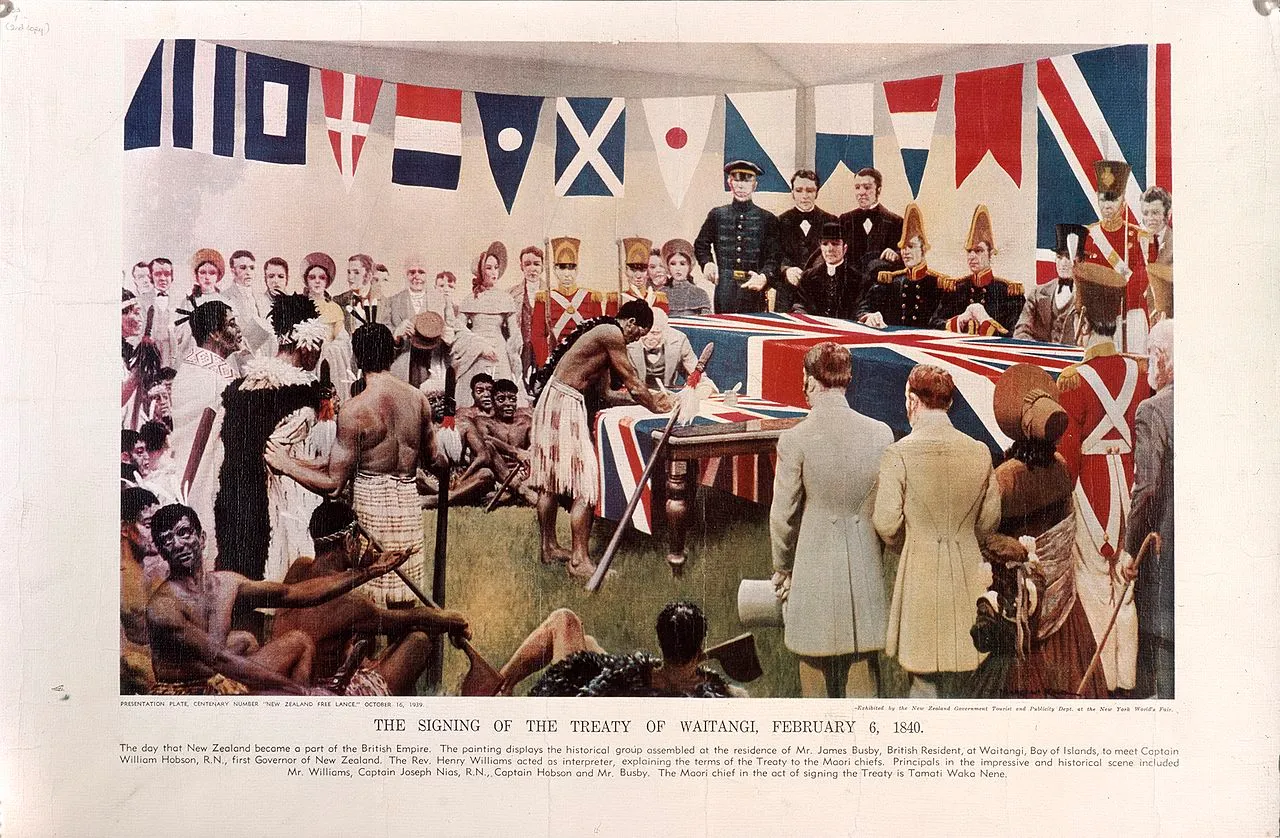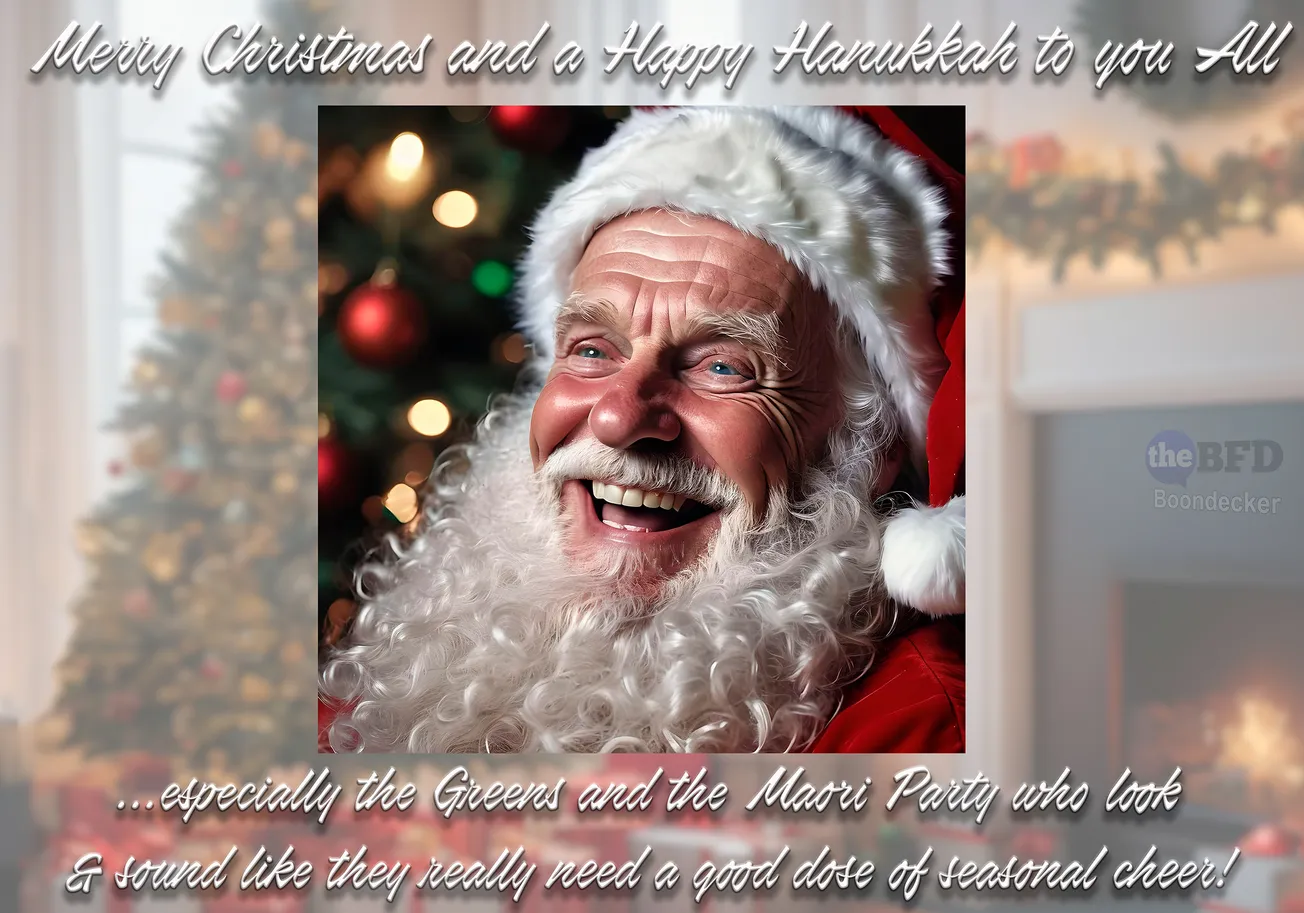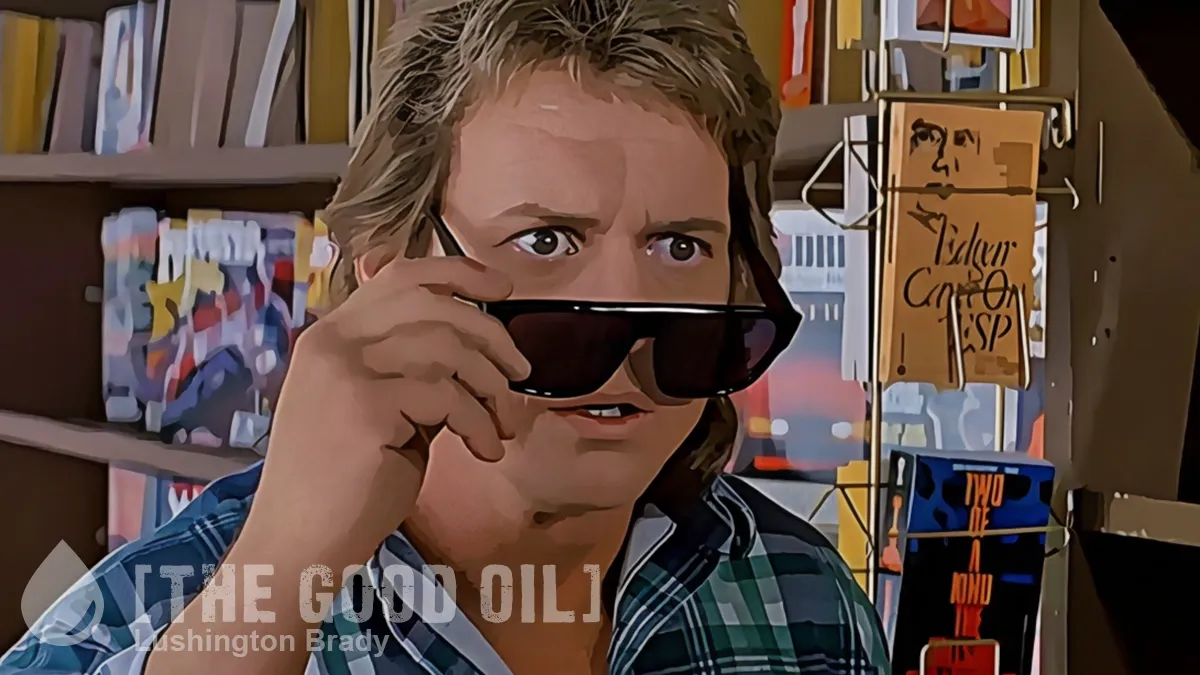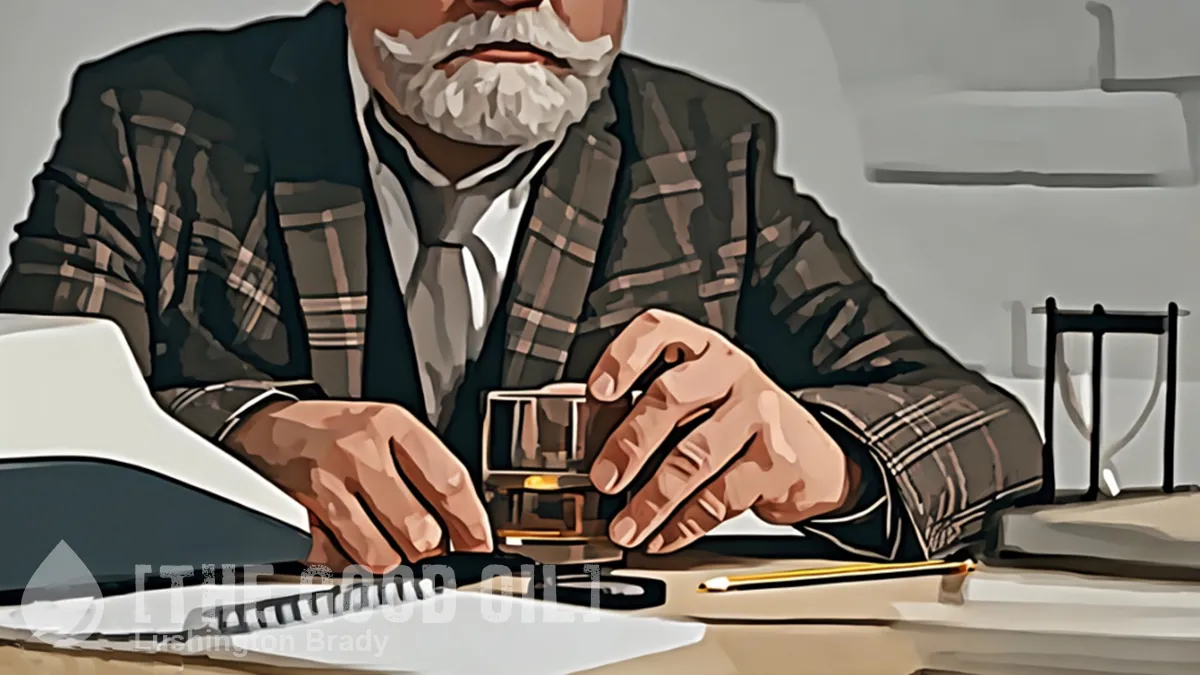Table of Contents
This week, apologies for me opening with an attempt at satire, for which my nature as an inveterate stirrer adversely affects my abilities as a satirist, but this latest piece by Chris Trotter about the banning of Dr Michael Bassett has been my motivation for what follows.
First the Attempt at Satire:
If that great singer Bob Dylan is minded to update his recording of his hit song, “The Times They Are A-Changin”, he might have to consider changing the title to “The Heralds They Are A-Changin,” to accommodate the new woke-ist attitude of the owners of the once profound news medium we Kiwis used to know as “Granny Herald”.
If, as is entirely possible, these purveyors of what they present to us daily as their version of “news” are considering changing the names of their company and its offshoots to suit their newly adopted partners in te Tiriti, what will those new names be?
I know a few people who have worked for what is now NZME, and they invariably pronounce its name as “Enzed Mee”, which suggests to me as a fledgling student of te reo Maori that the new name under consideration could be Aotearoa Ahau.
Will the New Zealand Herald become Te Aotearoa Pikaokao?
And the Northland Age, Te Tai Tokerau Tawhito?
O nga ra harinoa! (O happy days to you lert ignoramuses!).
But now, in a serious and more characteristically stirring vein, here’s an idea. Have we arrived at the time in our history as a nation for a review and potential re-negotiation of the terms of the Treaty of Waitangi?
Aren’t we being unrealistically optimistic in expecting that, after a lapse of 181 years, the circumstances of New Zealand society today are in any way the same or even similar to what they were in 1840?
I haven’t done the study, but I’d be surprised if there are any international treaties that have lasted even half that time, without lapse or re-negotiation.
As a necessary precursor there would be two pre-conditions to be met:
(i) Resolution of the important differences in meaning between the English and te reo versions of the Treaty.
(ii) Establishing who would speak for Maori on a nationwide basis vis-à-vis the Crown.
It is a national disgrace that, after 181 years, in such key aspects as the ceding of sovereignty and retaining possession of what they regarded as taonga, we still have Maori, quite understandingly, taking from te reo version of Te Tiriti one interpretation of what they signed or affixed their marks to, while the Crown (successive governments) and pakeha non-Maori rely for their understanding on the English language version.
In these supposedly modern woke days when we are admonished, for instance, to believe that Waka Kotahi (literally “first canoe”) actually means the government agency that controls our roads and the cars that drive on them, it is surely not impossible to achieve agreement on what both sets of Treaty wordings really mean. The interpretation from te reo by the late Professor Sir Hugh Kawharu might be a good starting point. But, meantime, good luck with that task!
Establishing who would speak for Maori on a nationwide basis vis-à-vis the Crown would be today as tricky and as complex as it was back in 1840. This whole topic warrants a read of this section of the Encyclopedia of New Zealand.
While the usual dictionary definition of the word “treaty” is “a formally concluded and ratified agreement between states”, this is not always the case, as for instance in Canada, where there are treaties between the Government and various indigenous communities. Here in New Zealand, my understanding, reinforced by the existence of the Waitangi Tribunal, is that most Kiwis, especially pakeha, regard our Treaty of Waitangi as being between the Crown (the government) and the Maori race as a whole, whereas the signings were between Hobson as representative of Queen Victoria, and various iwi (tribes) throughout the country. This situation remains today, as witnessed by the multiplicity of Treaty settlements with various iwi, underscoring not just their separate identities, but generally their desire and pride in retaining those separate identities (and good on them for that!). So while iwi as far apart as Ngai Tahu in the South Island and Tainui in the North have shown that when their interests coincide they can work together, neither would presume to speak for the other.
So any renegotiation of the treaty would, perforce, be a rerun of the original signing, i.e., renegotiation iwi by iwi.
But it is an issue that needs to be addressed, and the sooner the better, if we are to avoid unnecessary racial problems in our green and pleasant land. And it needs to be a process driven not by the minority of extremists on either side, but by the moderate majority who comprise the middle.
As a pakeha native Kiwi of Irish ancestry, who also has had the privilege of seven years living in Samoa, I am eternally grateful for what I have inherited from my Irish tupuna, but also for what I have learned from my Polynesian friends and contacts here and in the islands. We have much to offer each other in a country that truly is God’s own.
As a committed life-long activist in the National Party, I know that we’ll get nowhere along the way I’d like to see our country progress and prosper until we replace the present woke-ist socialists with common sense centre-righters, so I will continue to appeal to National and ACT to get their heads (and acts) together without delay as we forge our way out of the twin infections of Covid-19 and woke-ism.
A joint call by National and ACT for renegotiating the Treaty of Waitangi could instigate the wake-up we all need. Let’s get on with it!
Please share this BFD article so others can discover The BFD.









